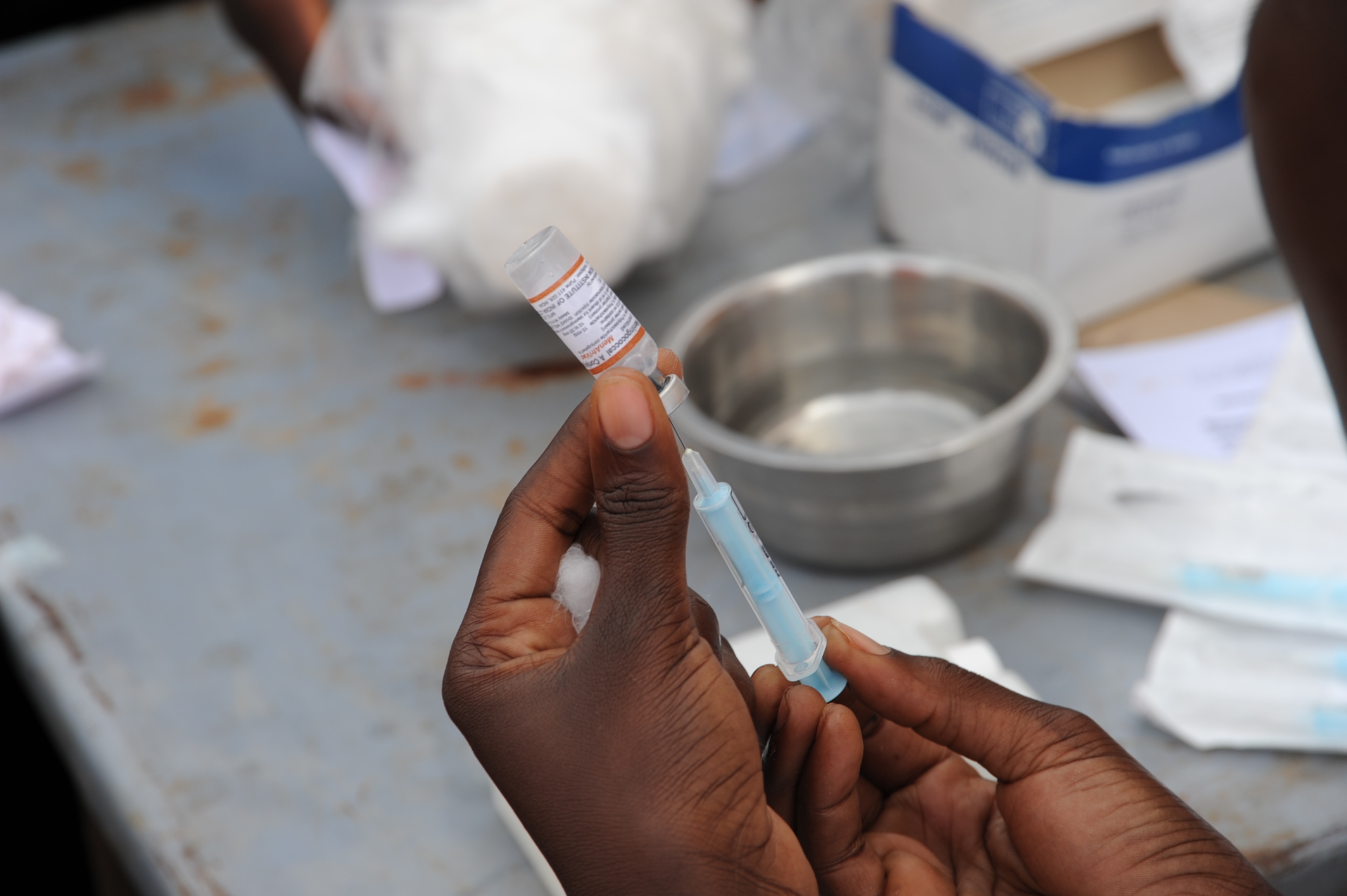An opinion piece by César Landa, ICJ Commissioner from Peru.
Since 2020, the COVID-19 pandemic has resulted in millions of infections and deaths across the globe. In response to this crisis, there have been rapid development and production of vaccines in some countries of the global North and governments have approved and emergency use of the vaccines. However, vaccine distribution has been unequal at the national and international levels.
Since COVID-19 vaccines are scarce and much demanded goods, widespread access to them is treated as a national achievement by various Latin American governments, including Peru. In the case of Peru, it is important to note that since the introduction of the clinical trials of the Sinopharm vaccine, media sources have reported that, between September and January, approximately 500 people from the Peruvian elite have been vaccinated secretly. These individuals include politicians, including former President Vizcarra, two ministers and candidates for Congress, authorities of the two universities leading the clinical trials, and high-level public servants of the Ministry of Health and Ministry of Foreign Affairs. These secret vaccinations were applied with a clear disregard for health workers and individuals in vulnerable conditions, who are most in need of the limited available vaccines.
The Peruvian case demonstrates the need to consider vaccines as an essential health product that requires the application of a human rights-based approach to guarantee universal and equal access to the vaccine, in line with international standards as argued by the International Commission of Jurists. A human rights-based approach requires some essential standards for the purchasing of effective and safe vaccines. These include, for example, the purchasing of vaccines from different suppliers; transparent negotiations, without confidentiality clauses, to prevent acts of corruption; access to vaccines for all without discrimination of any kind, including persons in vulnerable conditions, such as undocumented persons or prisoners; accountability mechanisms for public and private vaccination, which should include the access to effective judicial remedies in case of failure to provide non-discriminatory and equal access to the COVID-19 vaccine.
Equal access to vaccines is critical in both the global north and south. Mass-vaccination provides the singular, most effective measure to prevent a new global COVID-19 wave. Moreover, it will facilitate everyone’s ability to fully enjoy civil and political rights, which has been greatly compromised due to the pandemic. The rights impacted include the right to freedom of movement, the right to freedom of assembly and, the right to liberty. Critically, mass-vaccination will contribute to the protection of economic, social, and cultural rights, including the right to health, work, and education, particularly, in the case of persons in vulnerable conditions.
Although it is impossible to ensure immediate access to COVID-19 vaccines for everyone, it is not acceptable that, to date, more than 130 countries have not been able to acquire or receive a single vaccine dose. This is mainly a result of the fact that ten countries have acquired 75% of all available doses, according to the United Nations Secretary-General.
Since the mass production and distribution of vaccines are enormously high in cost, only a few of the wealthiest countries of the global north have had the means to invest in development and supplies from large pharmaceutical corporations. Only through such measures has it been possible to develop vaccines in record-time and consolidate administrative procedures as well as health controls and emergency approvals. Furthermore, vaccines from developing countries such as China, Russia, and India have also entered the market with parallel autonomous research, production, validation, and commercialization processes.
In light of the above, two main challenges need to be solved using the universal human rights framework. First, the implementation of an international system for the protection of health to promote the distribution of COVID-19 vaccines in developing and most vulnerable countries that have not acquired vaccine doses. To do so, the system should use the Global vaccine mechanism COVAX, supported by the World Health Organization.
Second, it should be ensured that the national vaccination plans prioritize health care workers and others who provide emergency care. Similarly, people at greater risk of developing serious illnesses from Covid-19 should be prioritized. This includes older persons, people with existing conditions that place them at risk, persons living in poverty, indigenous peoples, racial and ethnic minorities, migrants, refugees, displaced persons, prisoners, and other marginalized and disadvantaged people.
At the moment, COVID-19 vaccines are scarce goods. However, this should not be used as an excuse by Governments to only protect their inhabits’ right to health and right to life. Humanity cannot return, even temporarily, to a Hobbesian state of nature in which “man is wolf to man”. On the contrary, the current situation, with the life and health of billions of people are at risk, requires and appeal to international solidarity based on human dignity.

